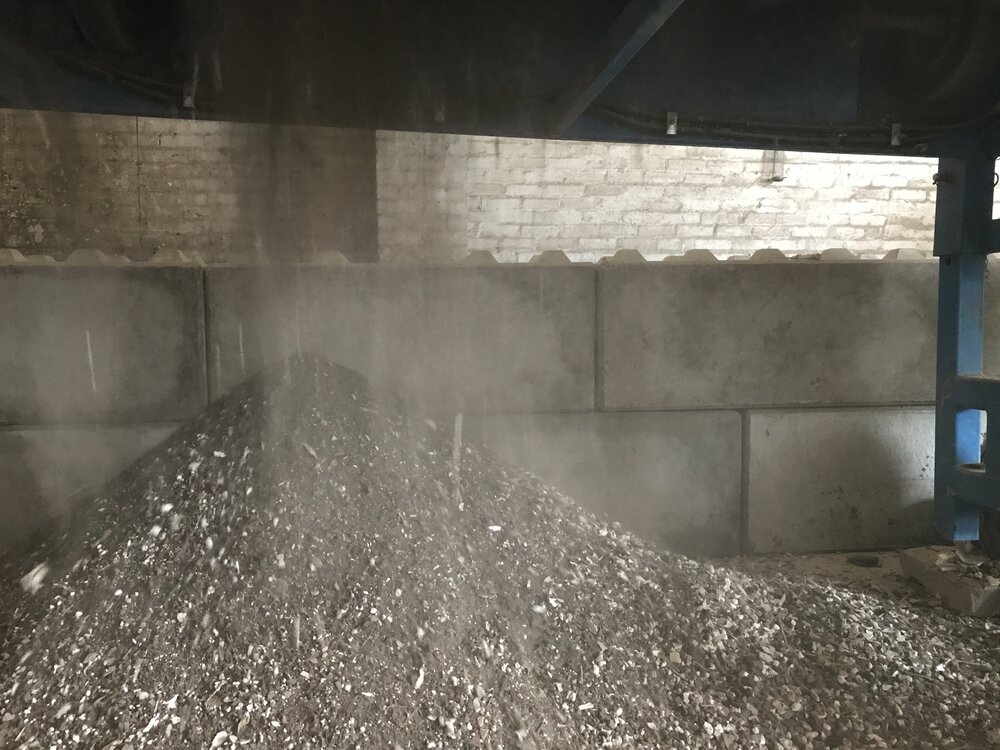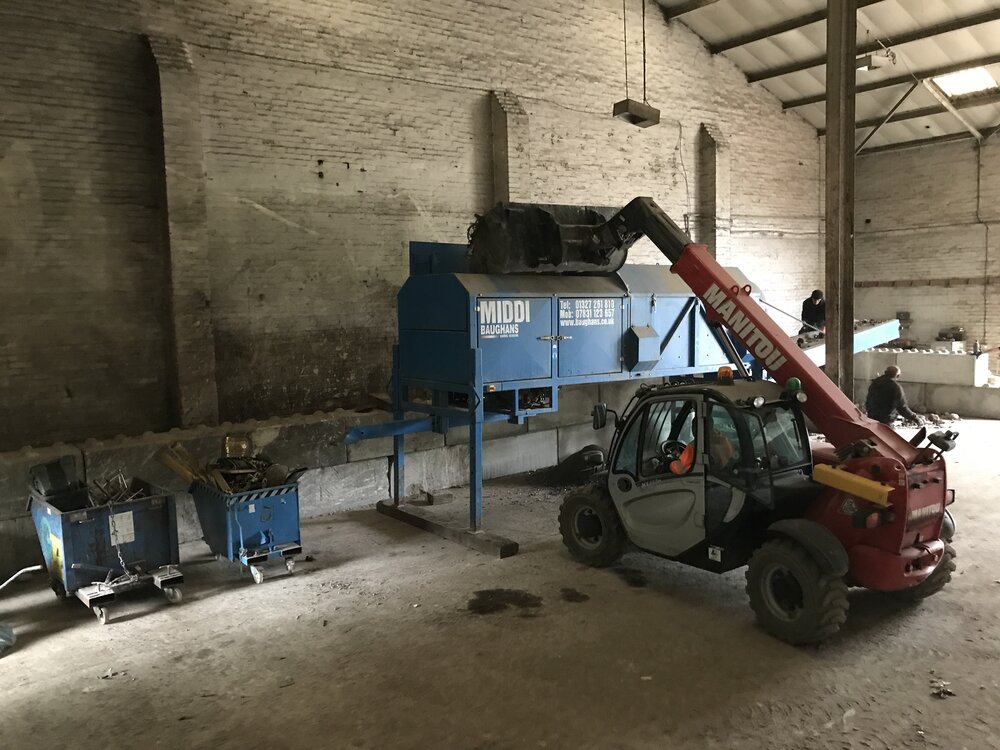Operating a waste transfer station requires a good understanding of trommel fines. It is important to understand the various types of waste that enter and leave site, the sorting processes, including trommel fines. Trommel fines are the small particles of waste that are left over after larger materials have been sorted through a trommel screen. In this article, we will explore the process of producing trommel fines, the regulations around their disposal, and the taxation of trommel fines landfill in the UK.
Trommel fines are produced during the screening process of waste, which separates the larger materials from the smaller ones. These materials are usually composed of soil, rocks, and other small particles (C&D waste) that cannot be easily sorted. Trommel fines are considered to be a residual waste and are therefore subject to specific disposal regulations.
In the UK, trommel fines disposal is governed by the Environmental Permitting Regulations (EPR) 2016. These regulations state that trommel fines must be disposed of at a licensed waste facility that is authorised to receive them. Additionally, waste management companies must follow specific procedures for the storage, handling, and transportation of trommel fines to prevent environmental contamination.
One of the key considerations when disposing of trommel fines is the taxation of trommel fines landfill in the UK. The trommel fines landfill tax was introduced in 2018 as a measure to encourage the diversion of waste away from landfills and towards more sustainable methods of waste management. The tax is currently set at £3.15 per tonne and applies to any trommel fines that are disposed of at a landfill site. Once deposited at a landfill a sample will be taken by the landfill operator and sent off for analysis. They are heated and tested for ‘loss of ignition’ The leftover residual waste is weighed and if a certain percentage is removed due to heat it is classed as organic waste and charged as waste at £98.60 per tonne. It is important that fines are ‘clean’ as they are extremely dense and heavy. Poor results in loss of ignition could easily send you into the red.
To avoid the trommel fines landfill tax, waste management companies may choose to process the trommel fines further or dispose of them in alternative ways. For example, some companies may use trommel fines for construction purposes, such as road building or land reclamation, which can reduce the amount of waste that needs to be sent to landfill.
Our site operates a an aggregate business which assists in converting disposal costs of some materials into profit by selling graded soils and fines.
In addition to the regulations and taxation around trommel fines, it is also important to consider the environmental impact of their disposal. Trommel fines can contain hazardous substances, such as heavy metals, that can pose a risk to human health and the environment if not handled correctly. Therefore, waste management companies must ensure that they are following all necessary procedures for the safe and responsible disposal of trommel fines.
In conclusion, trommel fines are a residual waste product that must be disposed of in accordance with specific regulations in the UK. Waste management companies must also consider the trommel fines landfill tax when disposing of these materials. By understanding the process of producing trommel fines, the regulations around their disposal, and the taxation of trommel fines landfill, professionals in the waste management industry can make informed decisions about their waste management strategies and ensure that they are meeting their environmental obligations.
Heavy waste streams such as soils, bricks and fines can either be a heavy financial burden or a profitable operation.



Hi what does 1 cubic yard of 20mm trommelled fines weigh?